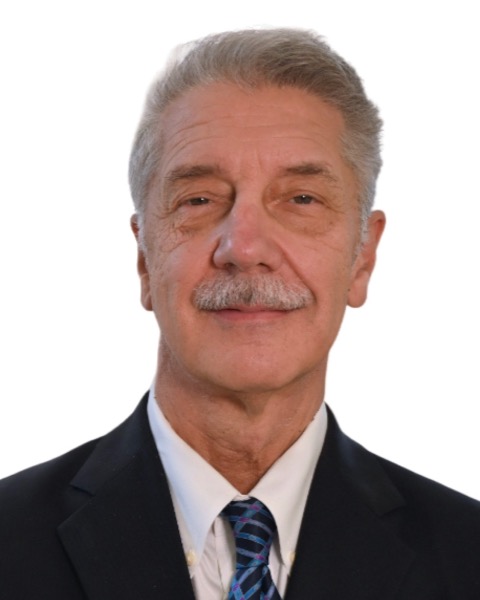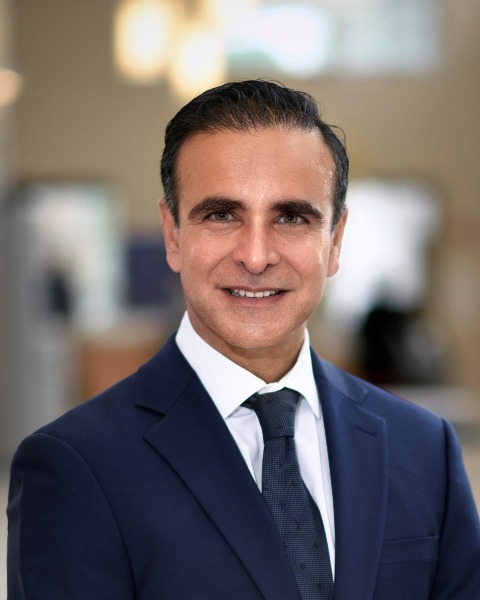Sexual Function
075IC - Current Concepts and Controversies in Male Hormone Replacement Therapy
-

Wayne Hellstrom, MD (he/him/his)
Prof of Urology & Chief of Andrology
Tulane University School of Medicine -

Mohit Khera, MD, MBA, MPH
Professor of Urology
Baylor College of Medicine -
MM
Martin Miner, MD
Co-Director The Men's Health Center
Men's Health Center -
JM
John Mulhall, MD
Memorial Sloan Kettering Cancer Center
Instructional Course Director(s)
Instructional Course Faculty(s)
Course Description: Testosterone (T) is the primary androgenic hormone responsible for nominal growth and development of male sex organs and maintenance of secondary sex characteristics. The diagnosis of male hypogonadism depends on both a specified lab value of serum T (300 mg/dl) and related clinical symptoms. There are numerous methods of testosterone replacement therapy (TRT), with the goal centered on restoring physiological androgen levels and alleviating clinical symptoms. The treatment depends on the underlying cause but can be either gonadotropin administration or T supplementation. Even though a number of medical societies have guidelines on testosterone deficiency (TD), there are several areas where significant controversy exists. This course is structured to address a number of these controversies, and to guide the participant in the evaluation and management of them. While the faculty will draw on information from the aforementioned guidelines, they will also use their clinical experience and expertise to inform the reader. The case-based course will deal with a variety of significant topics encountered on a regular basis by clinicians, such as whether to use free or total T in the evaluation of the patient with TD; what factors influence T levels; issues such as polycythemia, gynecomastia, bone density and hyperprolactinemia in the TD patient; critical analysis of the numerous questionnaires that are available to clinicians; and the impact of T therapy on male fertility, cardiovascular disease and prostate events including prostate cancer. Finally, the course will touch on some novel concepts in the T space such as T use in the transgender population, T therapy as an endothelial modulator, bipolar T therapy in the patient with advanced prostate cancer and T therapy performance enhancer. The course is intended for any clinician involved in the care of the patients with TD.
Learning Objectives:
- Recognize the clinical presentation and standard diagnostic methods used for identifying male hypogonadism/TD.
- Describe the cardiovascular implications of TRT and the relationship of the metabolic syndrome to TD.
- Identify the specific basis for androgen replacement therapy and potential consequences.
- Appraise the controversy regarding TRT and prostate cancer/benign prostatic hyperplasia/male fertility.
- Identify natural ways to improve T values, and devise a cost-effective treatment and follow-up algorithm for the hypogonadal male.
